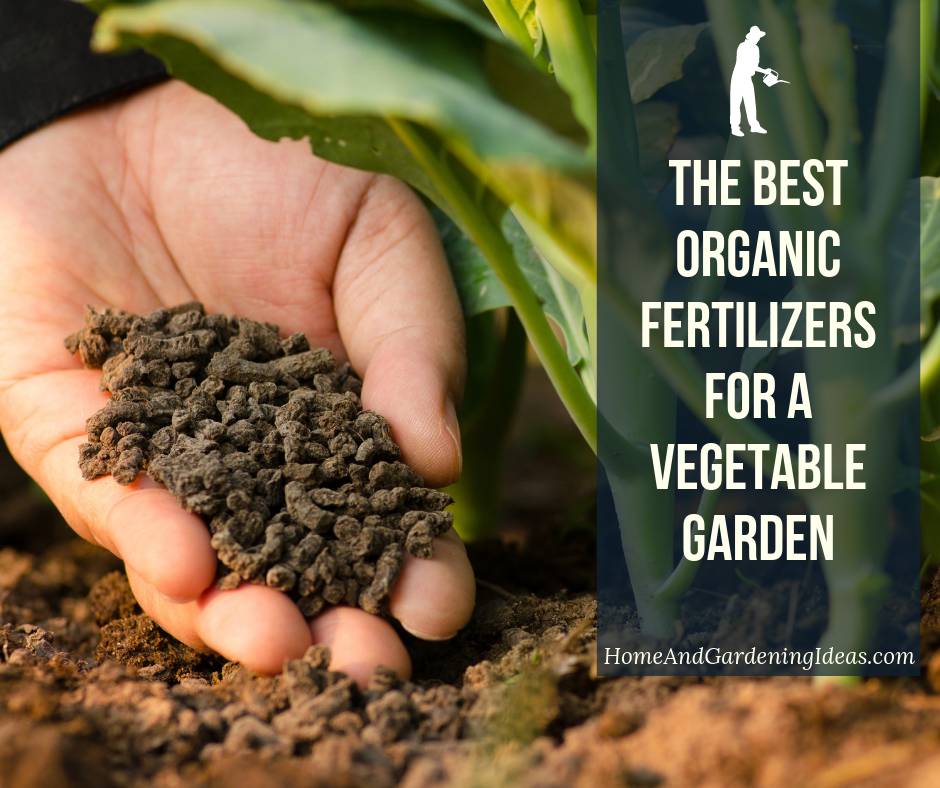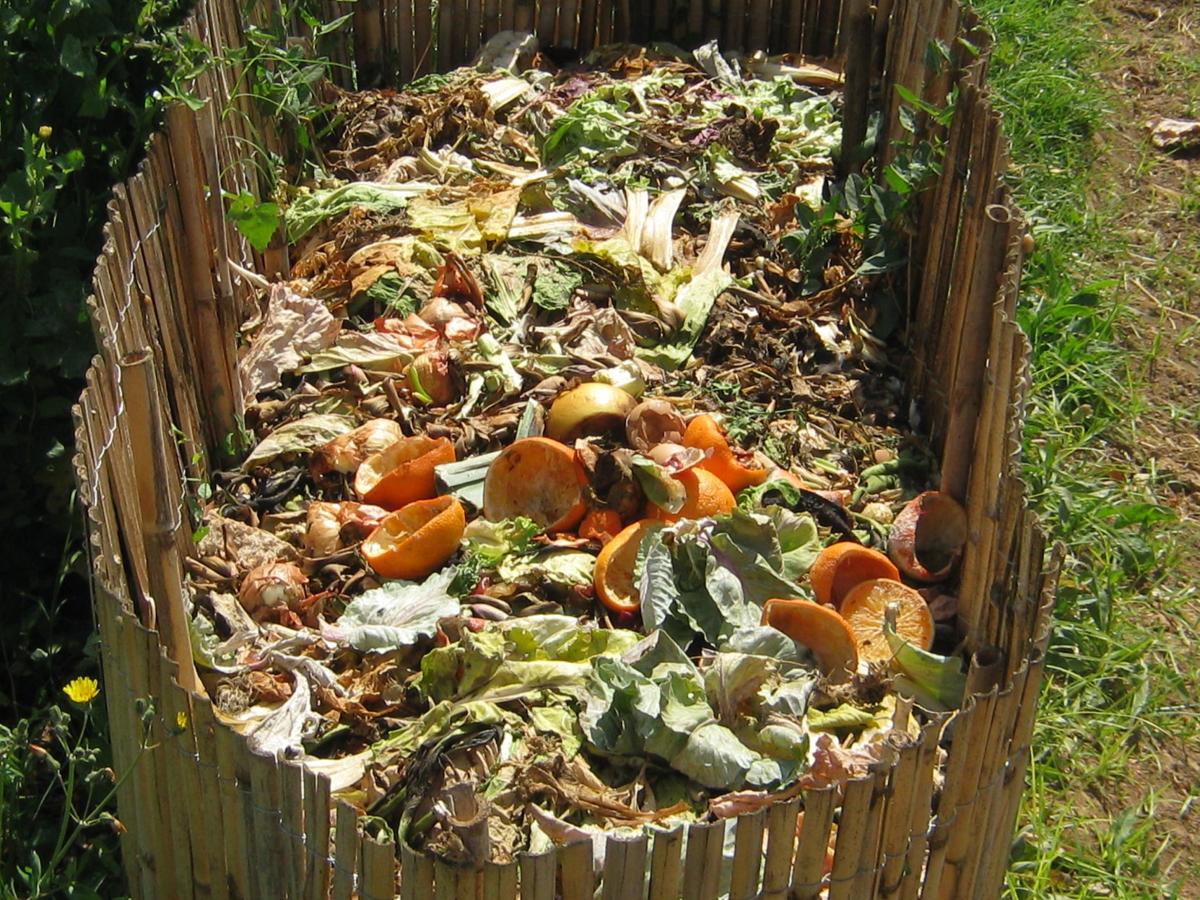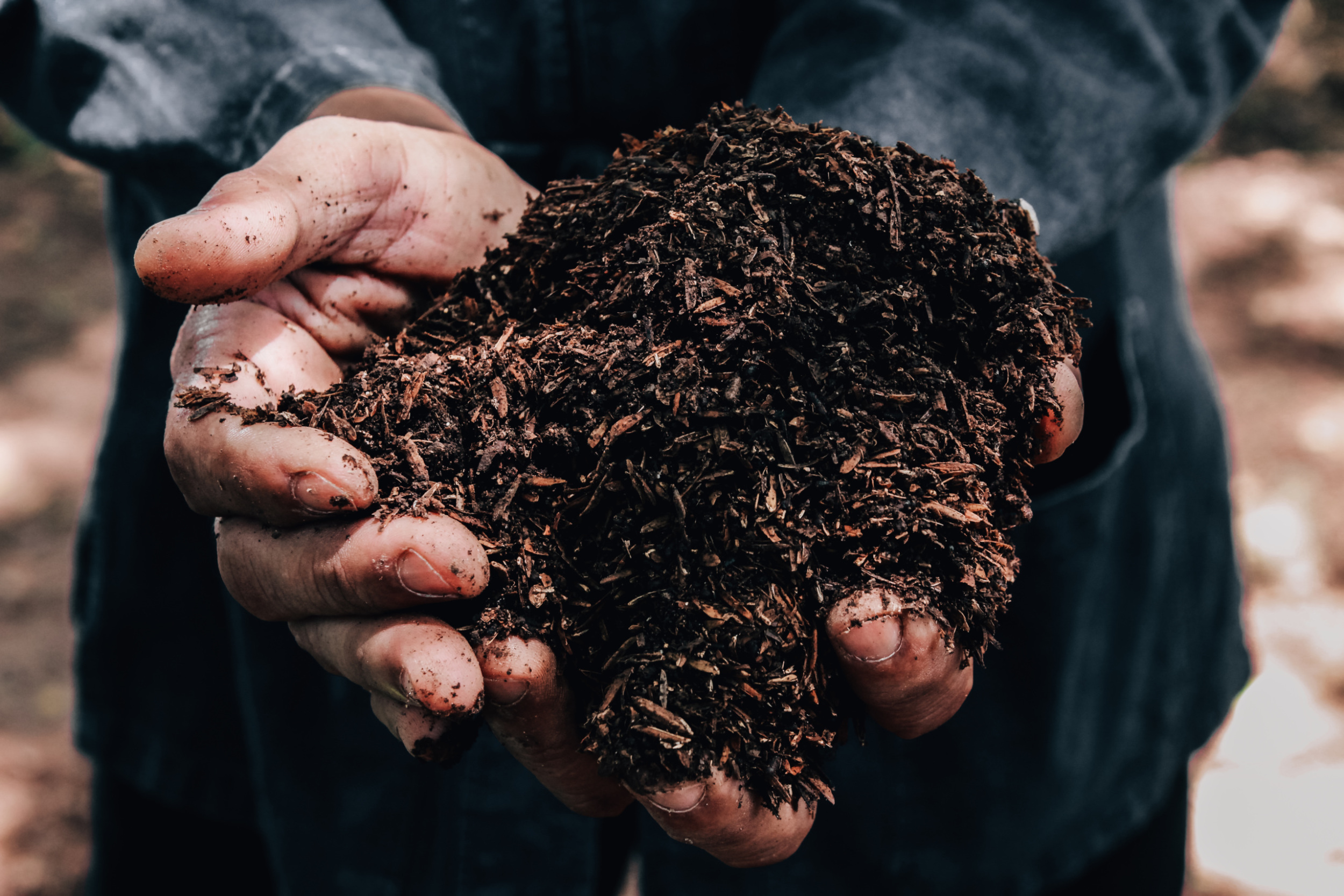Best Organic Fertilizers for Vegetable Gardens: Nourish Your Soil Naturally

Gardening is more than just a hobby; it's a labor of love. Imagine your vegetable garden as a thriving ecosystem, where every plant, from the humble tomato to the vibrant bell pepper, is nurtured to its fullest potential. The key to this lush paradise? The best organic fertilizers for vegetable gardens. These eco-friendly solutions not only boost plant nutrition but also enhance soil health, creating a sustainable and flourishing garden. Let's dive into the world of organic fertilizers and discover how they can transform your garden into a green haven.
Understanding Organic Fertilizers
What Are Organic Fertilizers?
Organic fertilizers are derived from natural sources such as plant, animal, or mineral materials. Unlike synthetic fertilizers, they release nutrients slowly, promoting long-term soil health and plant growth. This slow-release mechanism is akin to a time-release capsule, ensuring your plants receive a steady supply of essential nutrients over time.
Why Choose Organic Fertilizers?
Choosing organic fertilizers is akin to choosing a healthy, balanced diet for your plants. They improve soil structure, enhance water retention, and support beneficial microorganisms. Moreover, they are eco-friendly, reducing the risk of chemical runoff and pollution. In essence, organic fertilizers are the cornerstone of a sustainable and healthy garden.
Top Organic Fertilizers for Vegetable Gardens
Compost: The Gardener's Gold
Compost is the quintessential organic fertilizer. Made from decomposed organic matter, it is rich in nutrients and beneficial microorganisms. Compost not only feeds your plants but also improves soil structure, making it easier for roots to penetrate and absorb water and nutrients. Think of compost as the superfood of the garden world—it nourishes your plants and enriches your soil simultaneously.
Manure: Nature's Powerhouse
Manure from livestock such as cows, chickens, and horses is another excellent organic fertilizer. It is high in nitrogen, phosphorus, and potassium—the three primary nutrients plants need. However, it's crucial to ensure that the manure is well-composted to avoid burning your plants. Well-composted manure is akin to a rich, hearty meal for your garden, providing a balanced diet of essential nutrients.
Fish Emulsion: A Sea of Nutrients
Fish emulsion is a liquid fertilizer made from the byproducts of the fish industry. It is high in nitrogen and other micronutrients, making it an excellent choice for leafy vegetables and other nitrogen-loving plants. Fish emulsion is like a nutrient-dense smoothie for your garden, providing a quick boost of essential elements.
Bone Meal: Strength from Within
Bone meal is a slow-release fertilizer made from ground animal bones. It is high in phosphorus, which is essential for root development and flowering. Bone meal is particularly beneficial for root vegetables and flowering plants. Think of bone meal as the calcium supplement for your garden, strengthening your plants from the roots up.
Seaweed: The Ocean's Gift
Seaweed is a rich source of micronutrients and growth hormones. It can be used as a soil amendment or a foliar spray. Seaweed is like a multivitamin for your garden, providing a wide range of nutrients that promote overall plant health and vigor.
Garden Tips for Using Organic Fertilizers
Soil Testing: Know Your Soil
Before applying any fertilizer, it's essential to know your soil's nutrient levels. A soil test can provide valuable insights into what your soil needs. Think of it as a health check-up for your garden—it helps you diagnose any deficiencies and prescribe the right treatment.
Timing is Everything
The timing of fertilizer application is crucial. Generally, it's best to apply organic fertilizers in the spring or fall, when plants are actively growing. However, the specific timing can vary depending on the type of fertilizer and the plants you are growing.
Mix and Match
Different plants have different nutrient needs. Mixing and matching various organic fertilizers can help you create a balanced diet for your garden. For example, you might use compost for overall soil health, bone meal for root development, and fish emulsion for a nitrogen boost.
The Benefits of Organic Fertilizers
Improved Soil Health
Organic fertilizers improve soil health by enhancing its structure, water retention, and nutrient content. They also support beneficial microorganisms, creating a thriving ecosystem within your soil.
Sustainable Gardening
Using organic fertilizers is a sustainable practice. They are derived from renewable resources and do not contribute to environmental pollution. By choosing organic, you are contributing to a healthier planet.
Better Plant Nutrition
Organic fertilizers provide a balanced diet of essential nutrients, promoting robust plant growth and health. They release nutrients slowly, ensuring your plants have a steady supply of what they need.
Conclusion
In conclusion, the best organic fertilizers for vegetable gardens are not just about feeding your plants; they are about nurturing a healthy, sustainable ecosystem. From compost to seaweed, each organic fertilizer offers unique benefits that can transform your garden into a thriving oasis. By choosing organic, you are investing in the long-term health of your soil and the environment. So, why not give your garden the gift of nature's best? Your plants—and the planet—will thank you.
FAQs
What is the best time to apply organic fertilizers? The best time to apply organic fertilizers is typically in the spring or fall, when plants are actively growing. However, this can vary depending on the type of fertilizer and the specific needs of your plants.
Can I use too much organic fertilizer? Yes, it is possible to over-fertilize your garden with organic fertilizers. Over-application can lead to nutrient imbalances and even harm your plants. Always follow the recommended application rates.
How do I know if my soil needs fertilizer? A soil test is the best way to determine if your soil needs fertilizer. Soil tests can provide valuable insights into your soil's nutrient levels and pH, helping you make informed decisions about fertilizer application.
What are the benefits of using compost in my garden? Compost improves soil structure, enhances water retention, and provides a rich source of nutrients and beneficial microorganisms. It is an excellent all-around organic fertilizer for vegetable gardens.
Can I use manure directly from the farm? It is not recommended to use fresh manure directly in your garden, as it can burn your plants and may contain harmful pathogens. Always use well-composted manure to ensure it is safe and beneficial for your plants.


0 Response to "Best Organic Fertilizers for Vegetable Gardens: Nourish Your Soil Naturally"
Post a Comment